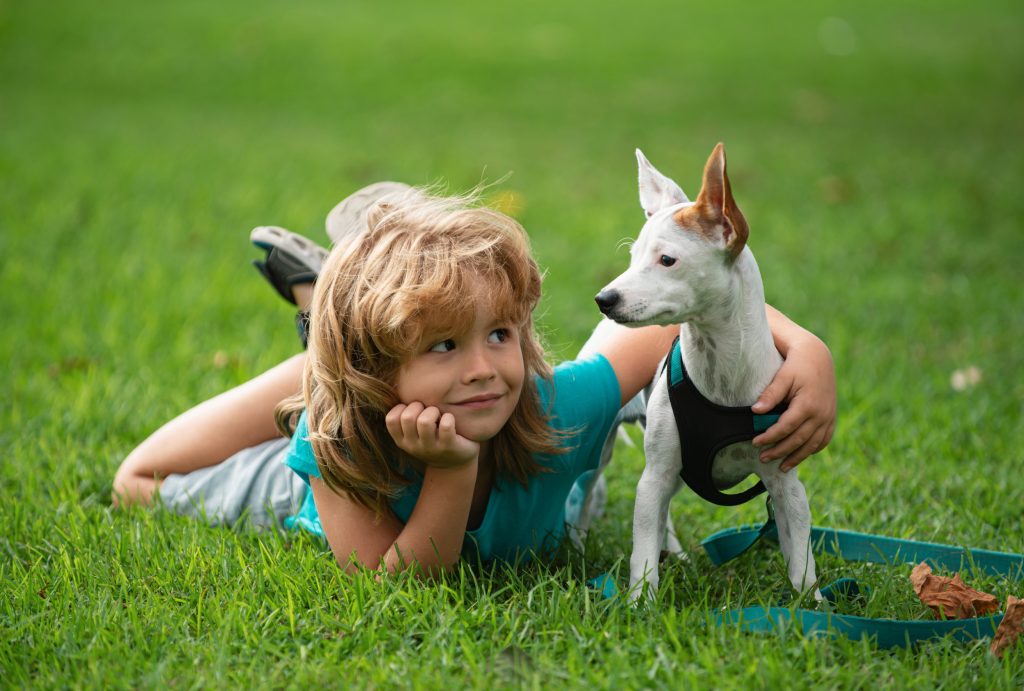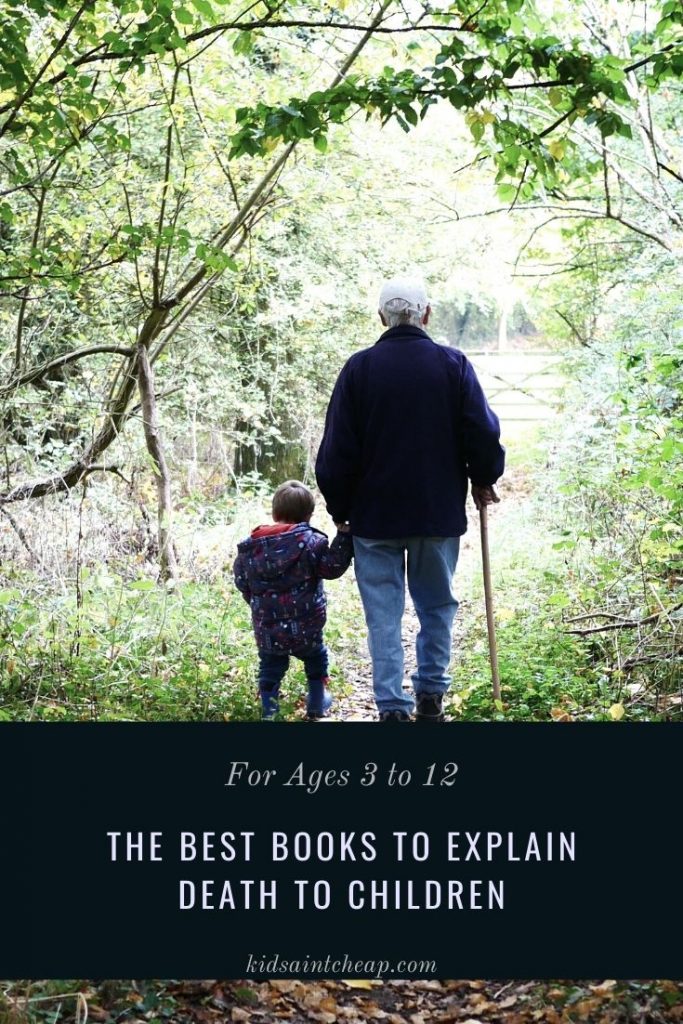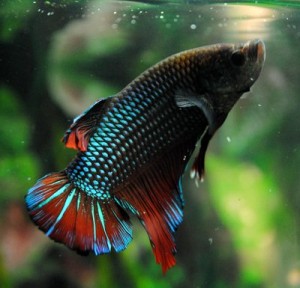
Losing a pet is heartbreaking, especially when it comes to telling your child. A dog is often more than just an animal—it’s a best friend, a playmate, and part of the family. Children process grief differently, and how you break the news can shape their emotional understanding for years to come. It’s important to handle the moment with honesty, sensitivity, and care. While every child is different, there are thoughtful ways to help them through this tough loss. Here are eight compassionate ways to tell your child that their beloved dog has died.
1. Be Honest, But Gentle
Use simple and direct language that’s age-appropriate. Avoid phrases like “went to sleep” or “ran away,” which may confuse or scare younger children. Instead, say that their dog died and explain it’s a part of life, even though it’s sad. Let them know it’s okay to feel upset, confused, or even angry. Speak slowly and allow your child time to process the words. Being honest from the start helps build trust and allows for real emotional healing.
2. Choose the Right Time and Place
Pick a quiet, safe space without distractions when you tell your child. Don’t break the news during school hours, bedtime, or in a crowded place. Wait until you can be fully present to answer their questions and hold them if needed. Sitting together at home, perhaps on the couch or in their room, gives a sense of safety. Keep phones off and give your child your full attention. Timing and environment can make a big difference in how they process the news.
3. Let Them See Your Emotions
Don’t feel like you need to hold it all together. Let your child see that you’re sad too—it shows them that grief is a normal part of losing someone you love. Crying or feeling upset in front of them gives them permission to do the same. It helps them feel less alone in their pain. By modeling healthy emotion, you help them navigate their own feelings. Sharing sadness brings comfort and connection.
4. Encourage Questions
Give your child space to ask anything on their mind, even if it seems small or surprising. Children may ask where the dog is now, if they’ll see them again, or what happens when someone dies. Answer as honestly as you can, based on your family’s values or beliefs. Don’t rush to end the conversation—sometimes the questions come later. Reassure them that all questions are okay and that you’re there to talk anytime. Listening is often more important than having the perfect answer.
5. Allow Them to Say Goodbye
If it’s possible, let your child say goodbye in their own way. That could mean writing a letter, drawing a picture, or even having a small memorial. Let them decide how they want to honor their pet’s memory. Participation in a goodbye ritual can give them a sense of closure. It also reinforces the idea that their feelings and memories matter. Saying goodbye can be a powerful step in healing.
6. Share Happy Memories
Talk about the fun, joyful moments they shared with their dog. Tell stories about the dog’s silly habits, favorite toy, or the way they greeted everyone at the door. Sharing memories helps shift the focus from loss to love. It reminds your child that even though their pet is gone, the bond remains. Creating a scrapbook or photo album can be therapeutic. Honoring the good times keeps the love alive.
7. Validate Their Feelings
Let your child know that it’s okay to cry, feel angry, or even not feel much at all right away. Everyone grieves differently, and children often show emotion in waves. Avoid minimizing their sadness or trying to distract them too quickly. Saying things like “you’ll get over it” or “we’ll get a new dog” can feel dismissive. Instead, say, “I know this hurts, and I’m here for you.” Emotional validation is one of the most healing gifts you can offer.
8. Be Patient with the Healing Process
Grief doesn’t have a deadline, especially for children. They may bring up their dog weeks or even months later, and that’s okay. Let them talk about their pet whenever they need to. Grieving is not linear—it comes in waves, and your support will help them through each one. Stay open and compassionate even when it catches you off guard. Your presence and patience will make all the difference.
When Love Lives On
Losing a pet is one of the first deep heartbreaks many children face. It’s a chance for parents to guide them through grief with honesty, love, and emotional safety. How you handle this moment can shape how they understand loss and healing in the future. Through tears, questions, and memories, your child will learn that love doesn’t end with goodbye. While the pain is real, so is the bond they’ll always carry. With your support, they’ll learn that even loss can be a lesson in love that never fades.
Read More










